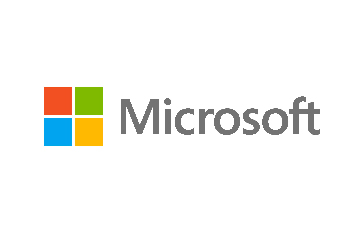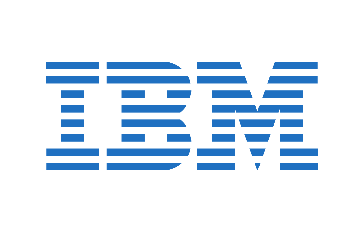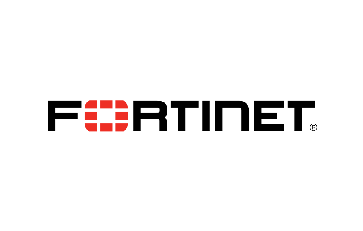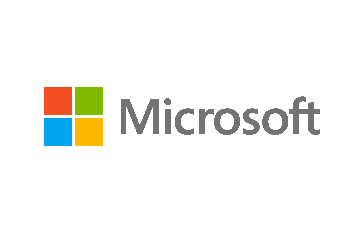Microsoft Alert
 3019
3019

Warning Date
Severity Level
Warning Number
Target Sector
12 October, 2022
● High
2022-5328
All
Microsoft has released security updates to address several vulnerabilities in the following products:
- Active Directory Domain Services
- Azure
- Azure Arc
- Client Server Run-time Subsystem (CSRSS)
- Microsoft Edge (Chromium-based)
- Microsoft Graphics Component
- Microsoft Office
- Microsoft Office SharePoint
- Microsoft Office Word
- Microsoft WDAC OLE DB provider for SQL
- NuGet Client
- Remote Access Service Point-to-Point Tunneling Protocol
- Role: Windows Hyper-V
- Service Fabric
- Visual Studio Code
- Windows Active Directory Certificate Services
- Windows ALPC
- Windows CD-ROM Driver
- Windows COM+ Event System Service
- Windows Connected User Experiences and Telemetry
- Windows CryptoAPI
- Windows Defender
- Windows DHCP Client
- Windows Distributed File System (DFS)
- Windows DWM Core Library
- Windows Event Logging Service
- Windows Group Policy
- Windows Group Policy Preference Client
- Windows Internet Key Exchange (IKE) Protocol
- Windows Kernel
- Windows Local Security Authority (LSA)
- Windows Local Security Authority Subsystem Service (LSASS)
- Windows Local Session Manager (LSM)
- Windows NTFS
- Windows NTLM
- Windows ODBC Driver
- Windows Perception Simulation Service
- Windows Point-to-Point Tunneling Protocol
- Windows Portable Device Enumerator Service
- Windows Print Spooler Components
- Windows Resilient File System (ReFS)
- Windows Secure Channel
- Windows Security Support Provider Interface
- Windows Server Remotely Accessible Registry Keys
- Windows Server Service
- Windows Storage
- Windows TCP/IP
- Windows USB Serial Driver
- Windows Web Account Manager
- Windows Win32K
- Windows WLAN Service
- Windows Workstation Service
Attacker could exploit these vulnerabilities by doing the following:
- Remote Code Execution
- Denial of Service (DoS)
- Unauthorized disclosure of information
- Escalation of privilege
- Bypass of a protection mechanism
- Spoofing
The CERT team encourages users to review Microsoft security advisory and apply the necessary updates:

 The official site for Saudi CERT
The official site for Saudi CERT










